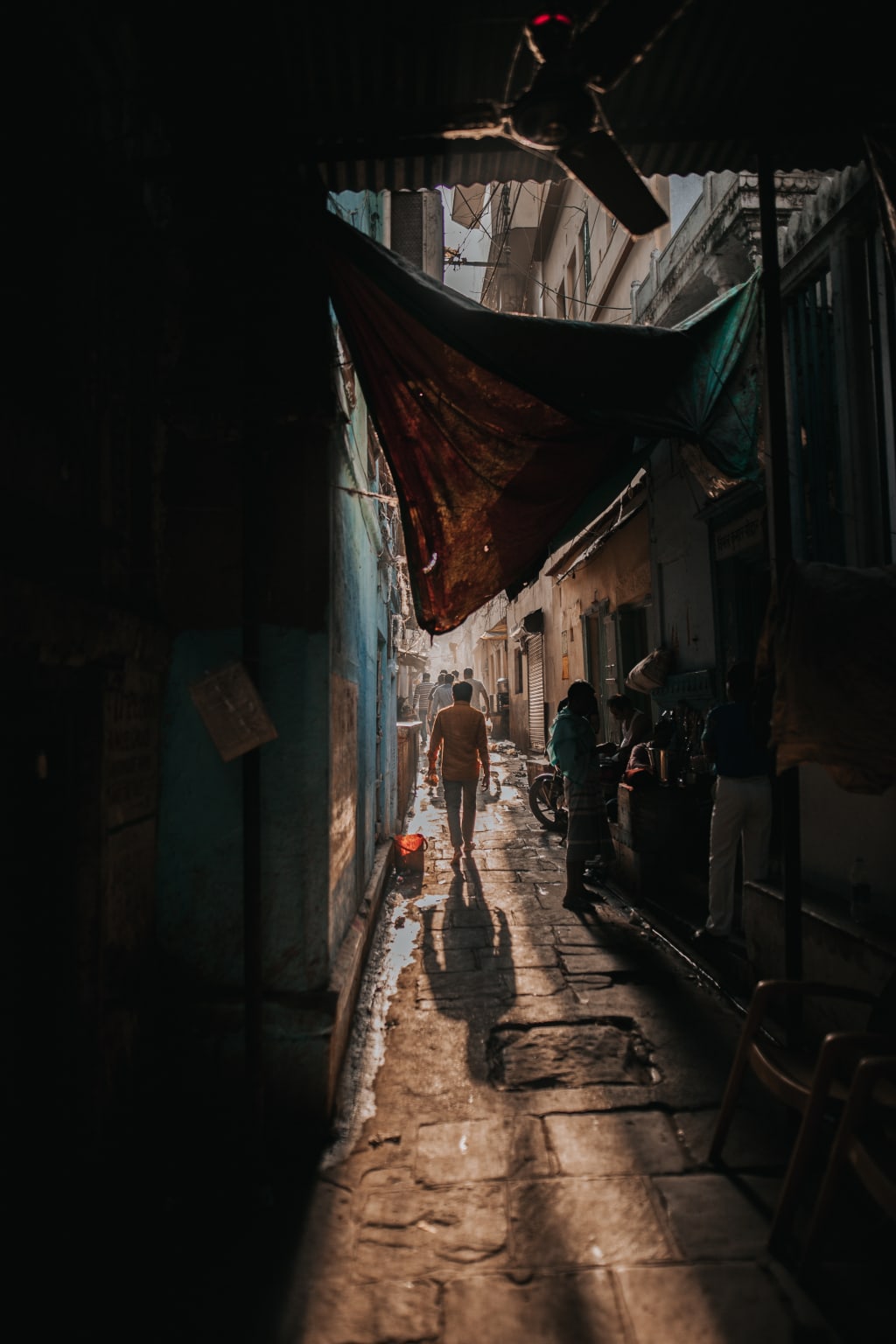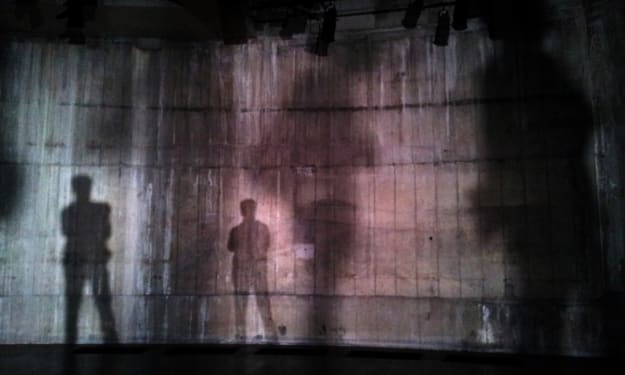My First Few Weeks of Expat Life in India
Expat Life from the Perspective of a Teenager

In January 2013, my family and I moved to India, specifically to the city of Pune. The migration was a result of my father’s recent employment with an Indian automotive company, a career choice to ensure the welfare of his family. Little did he realise the pressure and difficulty he had placed on his family; just like a bird with its wings clipped, we were stuck on the ground. Collectively, the family had been grounded in terms of freedom of movement. Suddenly we were all flapping away trying to find the freedom we all used to have.
Fortunately for my brother and I, our education was a priority for our parents meaning we didn’t have any time to think about our freedom, or for that small period, our hobbies. Our parents had found an international school for us to attend on the edge of Pune. It was both a boarding and day school nestled quietly on the side of a large hill, which just happened to be behind both a small farming village and small lake. Of course, it being India, it was not as picturesque as it sounds. The lake was heavily polluted with litter and the Indian climate had killed any real vegetation leaving only a semi-desolate landscape of dust. The school, however, was a stark contrast to the environment that it was nestled in. Once inside the compound of the school was a bright shade of green, brought out by the well-kept lawns and trees everywhere, almost like an oasis hidden within a desert. The money brought in by an international school showed, a reminder of how far away I was from home.
Regardless of the school’s facilities, the classrooms, teachers, and my would-be classmates gave me a real shock to my system. There were only a handful of other foreigners in the school and only a single foreign teacher—hard to declare itself as an international school. The manner the students interacted with each other was a definite throwback to my experience in an Australian primary school but lacked the maturity I had seen in secondary schools. It was quite like stepping back through time, into an era where every boy must test his strength against the strongest and toughest of the bunch. Luckily for me, the stern look normally residing upon my face seemed to get me out of the Neanderthal behaviour. However, other than the brutish tests of strength, everyone was very friendly and willing to have a conversation, even though it took me a few weeks to adjust to the heavy accents and the unique manner they spoke English.
When I wasn’t in school, the family and I were out exploring the activity of the city of Pune, particularly the inner-city areas of Koregaon Park, Kalyani Nagar, and Camp, all of which were unquestionably different from each other. It was easy to see that Koregaon Park—the area which, at the time, we were living in—was the most modern of the three areas, full of modern hotels, vibrant restaurants, bars and new shopping centres. The expat hub of the city, the expat community’s influence was undeniable. Kalyani Nagar was more of a residential area, with recently built apartment complexes and infrastructure to surround it, but also hiding a string of restaurants that served as hubs for expat activity. Camp, on the other hand, was almost another world in comparison with the other areas. Camp is almost the de facto centre of the city, full of busy streets and busy shops selling everything from saris to shoes. The hustle was unlike anything I had seen before; traffic moving in every direct possible to the packed sidewalks full of people peddling goods, all of which with the sweltering Indian sun blasting down upon it all was unbearable.
Though I had no love for India at the time, I wasn’t too arrogant to admit that Pune had character and that it was going to be interesting to live there for the next few years. Little did I know that I would spend nearly the next five years of my life there, not only watching the city develop but also how society accepted the rapid social change brought by the younger generations of society.
About the Creator
Enjoyed the story? Support the Creator.
Subscribe for free to receive all their stories in your feed. You could also pledge your support or give them a one-off tip, letting them know you appreciate their work.






Comments
There are no comments for this story
Be the first to respond and start the conversation.